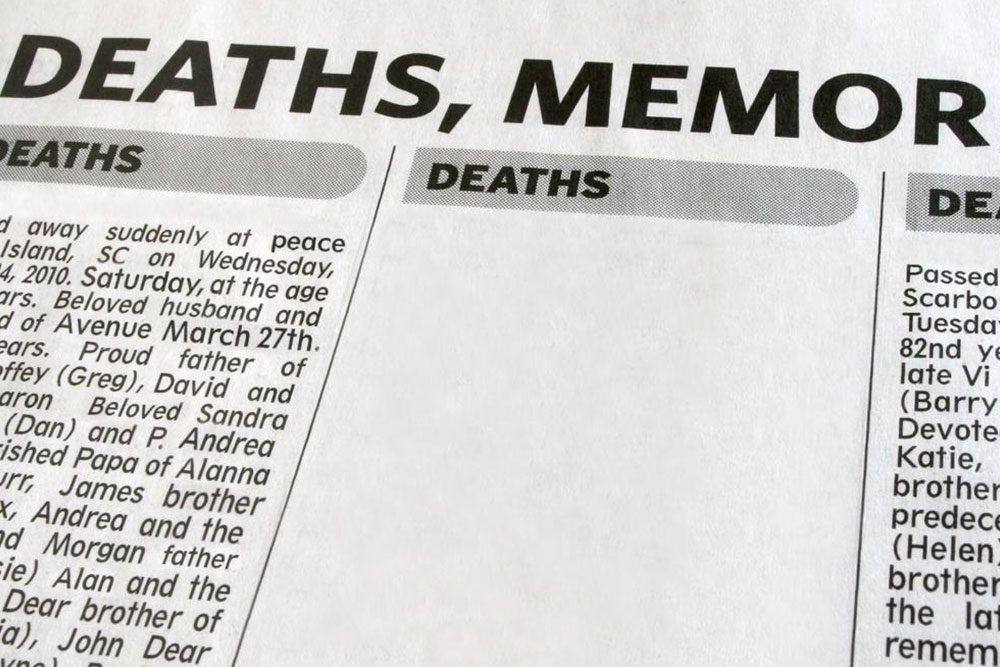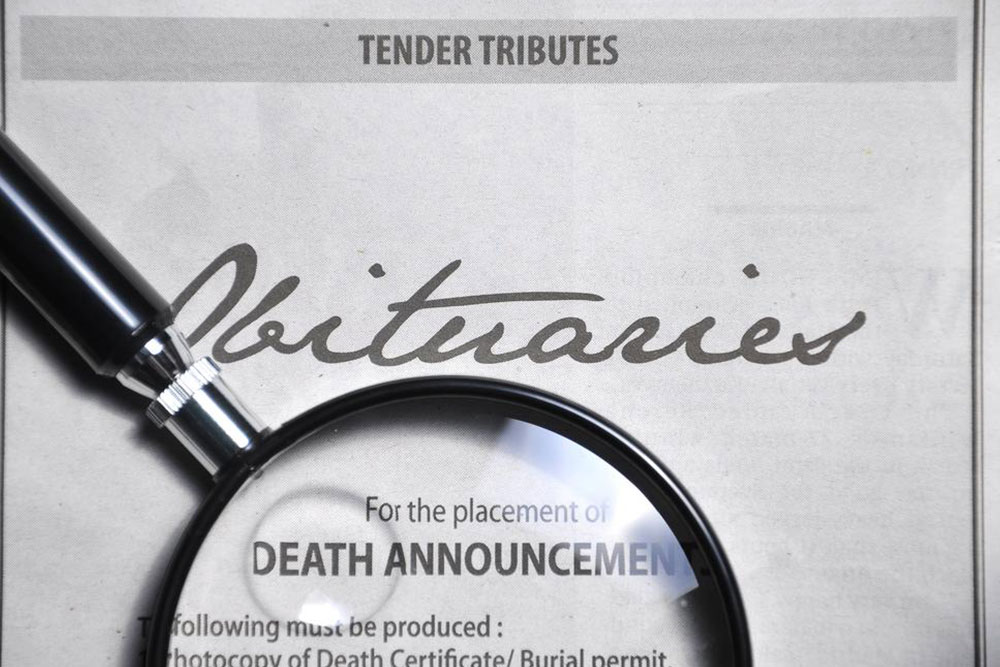Comprehensive Guide to Free Online Obituary Search Strategies
Discover over 1500 words of effective, free online strategies for locating obituaries. This comprehensive guide highlights resources like newspaper archives, funeral home notices, SSDI, state and city records, and national archives to help users easily find obituary information of loved ones and ancestors without any cost. Ideal for genealogists, history buffs, or anyone interested in family research, this article provides practical tips for accessing vital records efficiently. Make your obituary search more accessible and successful today with these expert-approved free methods.

Effective Techniques for Finding Obituaries Online Without Cost
Exploring your family history or seeking information about loved ones who have passed away can be a profound and meaningful journey. Traditionally, obtaining obituary records involved visiting local libraries, government offices, or paying for specialized services, which often proved to be both time-consuming and expensive. However, with the advent of the internet, genealogical research has become significantly more accessible and convenient. Many online platforms provide free access to obituary archives, allowing users to uncover vital information about their ancestors or deceased loved ones at no cost. While some specialized obituary searches might require a fee, there exists a variety of reliable, free resources that can assist you in your quest to find obituaries efficiently and effectively.
Below are detailed, practical methods to conduct free online obituary searches, making your genealogical pursuits more manageable and cost-effective:
Online Newspaper Archives: Many newspapers maintain digital archives of obituaries dating back decades or even centuries. Websites like legacy.com are excellent starting points. These platforms allow you to search by name, location, date range, or other pertinent details. Often, you can filter results and view full obituary texts without any charges. Exploring local newspapers' websites can be particularly fruitful, especially if you know the specific city or region where your ancestor or loved one lived.
Funeral Home Online Notices: Numerous funeral homes now publish obituary notices on their own websites or partner platforms. Websites such as obitsforlife.com collect death notices from licensed funeral providers across various regions. Keep in mind that the visibility of notices might depend on the funeral home's publication policies, and some sites may restrict access to certain notices based on membership or geographic location.
Social Security Death Index (SSDI): The SSDI is a valuable resource for locating information about deceased individuals in the United States. Many genealogy websites, such as genealogy.com and ancestry.com (which sometimes offer limited free searches), allow users to search by name, date of birth or death, and last residence. Accessing the SSDI can provide immediate details such as date of death and last known residence, which can then guide further research.
State and City Death Records: Public records from state and municipal archives serve as another excellent source of obituary information. These records typically include vital records like death certificates and burial records, often available through government websites or local archives. Many of these records, especially those older than 50-100 years, are freely accessible or require minimal fees. Older records dating back to the 1700s and 1800s can sometimes be found through university repositories or historical societies, providing a richer context for genealogical projects.
National Archives and Vital Records: Federal and state archives often host vital records, including birth, death, and marriage records. They sometimes provide direct links to free obituary databases or digitized newspapers. Visiting national archives’ websites can help you obtain official documents that complement obituary searches, and some services offer free or low-cost access to these vital records, especially for historical data.
By leveraging these comprehensive online resources, genealogists, historians, and family researchers can uncover detailed obituary information without financial outlay. The internet’s vast repository of death notices, public records, and historical archives democratizes access to vital genealogical data, making it easier than ever to trace ancestry, confirm family stories, or simply find closure. Whether you’re a professional researcher or a casual history enthusiast, these free strategies can significantly enhance your search process, saving time and money while providing invaluable insights into your family’s past.





